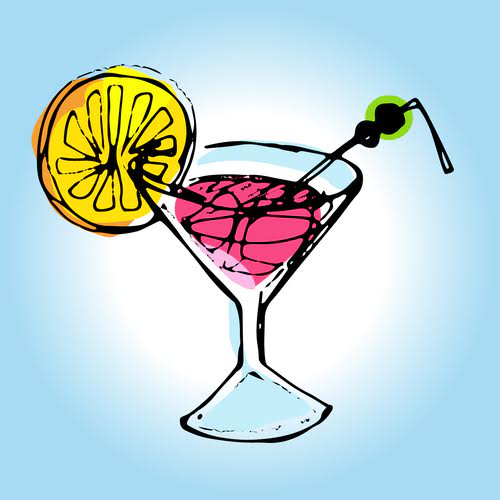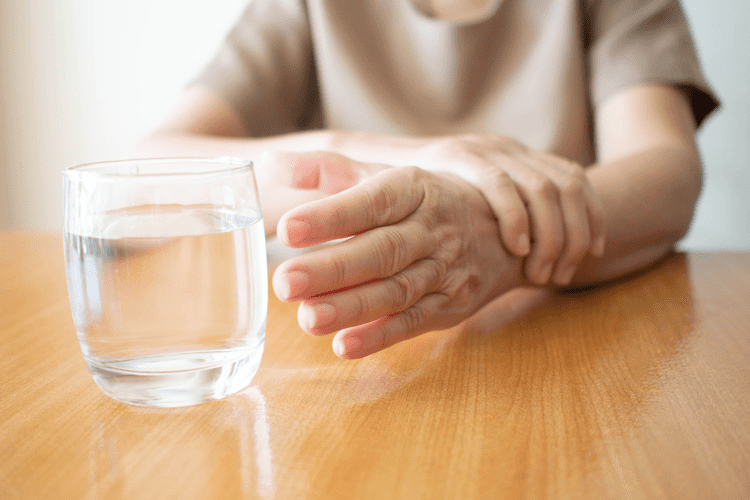Wine is often thought of as a classy drink, something to be tasted, sipped and enjoyed over dinner. But like other alcohols, too much can lead to a wine addiction and as many potential health consequences as any other drink. Although there are different types of alcoholics, alcoholic personalities, and tolerances, the health effects are the same, especially https://citytelegraph.com/sober-living/281223/performance-enhancing-drugs-know-the-risks/ long-term.
Overcoming or Preventing Wine Addiction

Because some of the initial effects of alcohol are pleasurable, the brain why is wine so addictive considers alcohol use to be rewarding, and reinforces this by releasing dopamine. The term “wine addiction” is often used interchangeably with “alcoholism”, which is a more general term for addiction to any type of alcoholic beverage. However, wine addiction is a distinct condition, and it is important to understand the differences between wine addiction and alcoholism.
- If you or someone you know is exhibiting these signs, it is important to seek help.
- We have seen so far that alcohol is addictive due to chemical changes in the brain.
Why Do I Get Heartburn When I Drink Water? (Answer Inside!)
- However, it can lead to binge drinking, heavy drinking, and other harmful patterns of alcohol consumption.
- In cases of severe withdrawal, you could potentially experience tremors, hallucinations, or seizures.
- When compared to other types of alcoholic beverages, beer usually contains the least amount of alcohol.
- Alcohol triggers the release of dopamine – a chemical which produces feelings of satisfaction.
- We also want to provide you with practical tools and strategies to help you or your loved one thrive in addiction recovery.
This is true regardless of the type of alcohol, e.g. beer, wine, or liquor. U.S. dietary guidelines for alcohol use recommend that adults of legal age limit their alcohol intake to one drink or less per day for women, or two drinks or less for men. Untreated wine addiction can also damage your relationships and cause problems at work or school. If you or someone you know experiences these symptoms, seek emergency medical care.

Caron Outpatient Treatment Center
Once wine is consumed, it works to enhance the inhibitory power of GABA in the brain, allowing GABA’s inhibitory functions to have a stronger effect. In addition, alcohol inhibits the excitatory effect of glutamate in the brain, preventing it from binding in the synapse. These effects give alcohol a powerful sedative effect, particularly in the areas of the brain that control inhibition, decision making, and impulse control. This deadly self-feeding cycle of addiction is at the root of wine’s effectiveness at becoming addictive. Over time, this tolerance can turn into physical dependence, where the body needs alcohol to function normally. If the person stops drinking, they may experience withdrawal symptoms like anxiety, sweating, nausea, and even seizures in severe cases.

Due to the physical and neurological damage of chronic drinking and the severity of withdrawal symptoms, treatment through medication aims at minimizing as many adverse reactions to withdrawal as Alcoholics Anonymous possible. Once the user has gone through detox, they begin treatment with certain medications. These drugs allow a gradual transition from addiction to sobriety while minimalizing unpleasant side effects of withdrawal that are likely to lead to relapse. The oldest medication developed for alcohol addiction is Antabuse, which has been used for over 50 years.